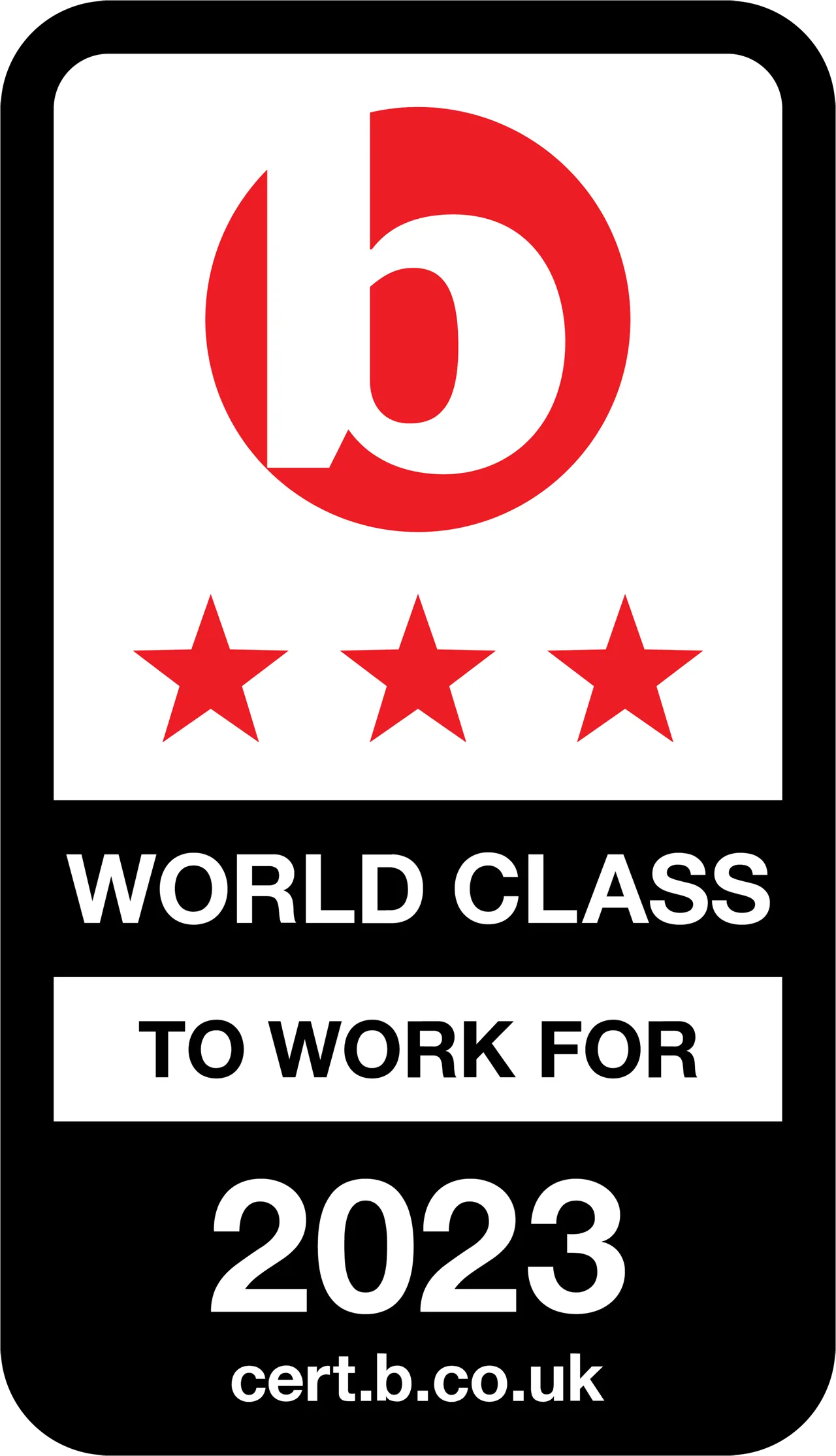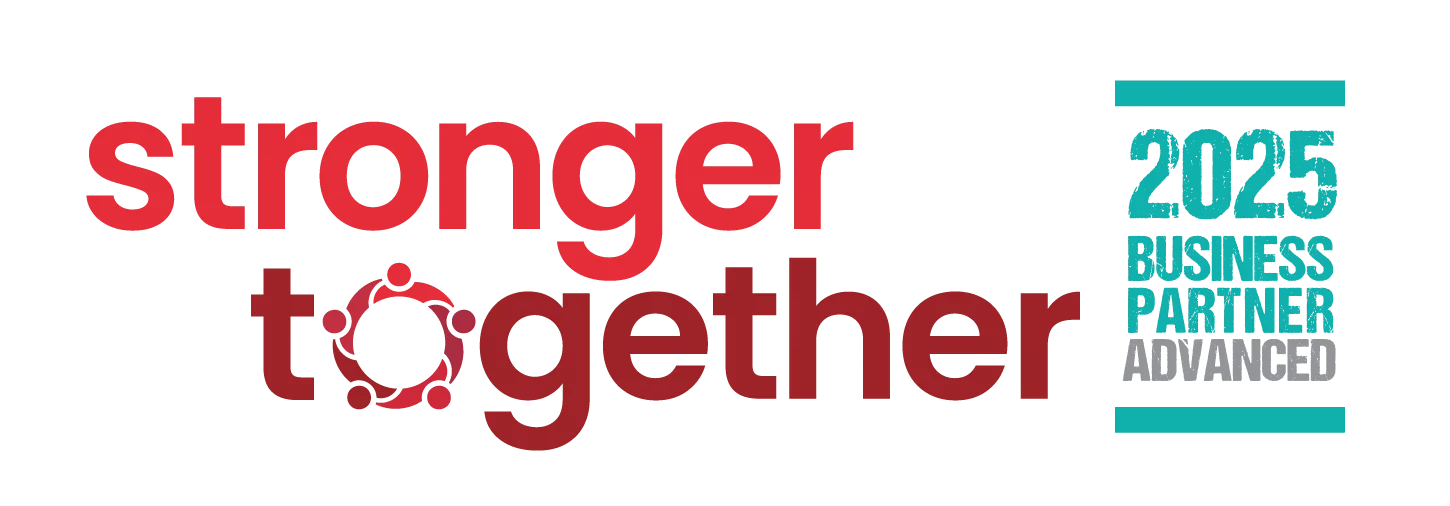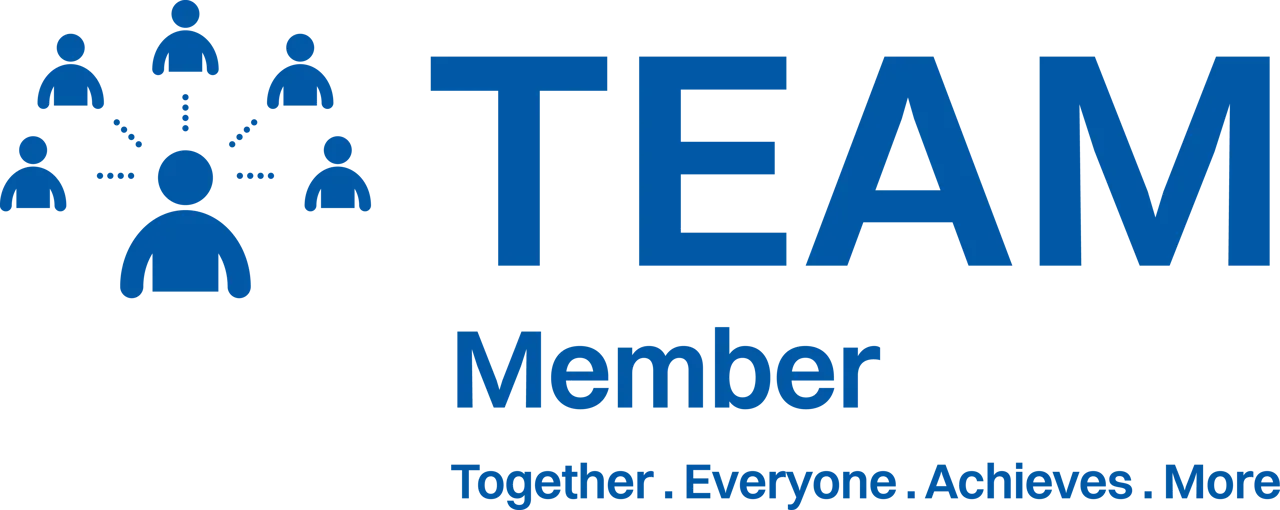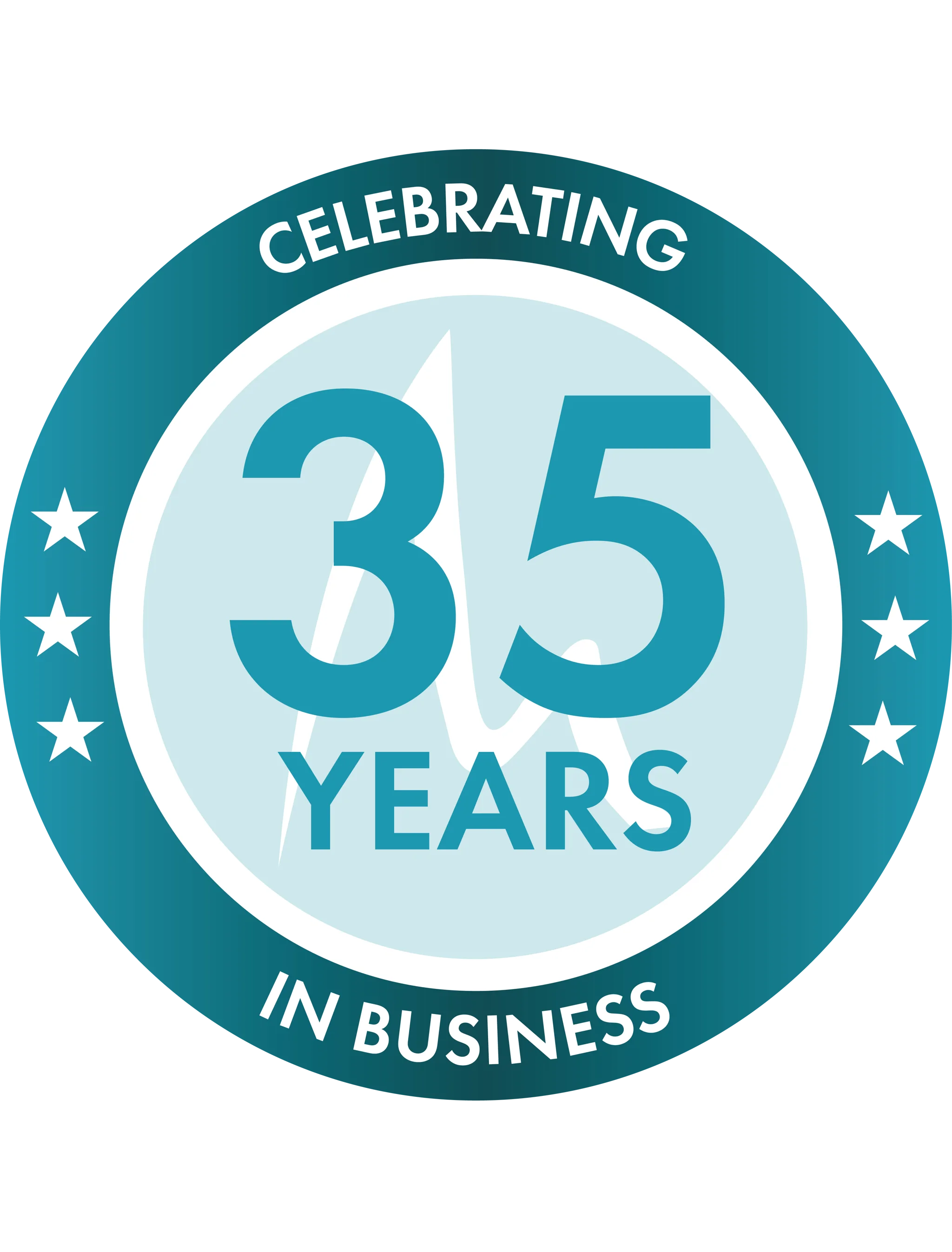
How to navigate an exit interview
13 Dec, 201714 minutesThe Art of Exit Interviews: Leaving Your Job on a Positive NoteIn the professional world, ex...

The Art of Exit Interviews: Leaving Your Job on a Positive Note
In the professional world, exit interviews are not a platform for venting frustrations but rather an opportunity for constructive feedback. Approaching them with the same professionalism as any other interview is essential to protect your future career prospects. This guide provides you with insights on the significance of maintaining professionalism during exit interviews and offers tips for a smooth departure, ensuring you leave on positive terms.
The Purpose of an Exit Interview
In essence, an exit interview allows employees leaving a company to discuss their reasons for departure. Employers also benefit from these interviews, as they provide valuable insights that can help address issues leading to employee turnover. Typically, exit interviews involve HR representatives who ask a series of questions about the departing employee's experience with the company, their challenges, and their role satisfaction.
Preparing for the Exit Interview
While exit interviews differ from regular job interviews, careful consideration is essential in presenting your feedback. Prepare for the interview by identifying specific issues you'd like to raise and frame them constructively to help both you and your former employer progress. Avoid using the interview as a platform to vent negative emotions, focusing on providing feedback based on factual information.
Since professional circles can be interconnected, leaving your current position on good terms is crucial, as you may cross paths with your former employer or colleagues in the future.
Common Exit Interview Questions
During an exit interview, you can anticipate several questions. Here are some common questions along with tips for answering them:
- Why have you decided to leave your current position?
Provide a concise and constructive response. Focus on factual reasons rather than personal emotions. Avoid negative remarks about your current role.
- Do you think you were adequately equipped to do your job well?
Think beyond physical resources; consider training and support from your team and senior management. Ensure your feedback is constructive.
- What was your relationship with your manager like?
Be honest and balanced in your assessment. Offer positive feedback alongside areas where improvement is needed, maintaining professionalism.
- What was the biggest factor that led you to accept this new job?
Provide a general overview of what appealed to you in the new role, without emphasizing salary. Focus on new opportunities and professional growth.
- What did you dislike most about your job?
Select a few key dislikes and offer solutions for improvement. Keep your feedback constructive and avoid listing numerous grievances.
Exit interviews should remain positive and constructive, fostering a professional and respectful atmosphere. By providing feedback thoughtfully, you can contribute to your own growth and your former employer's progress, which can be valuable in your future career.
Source: Total Jobs














